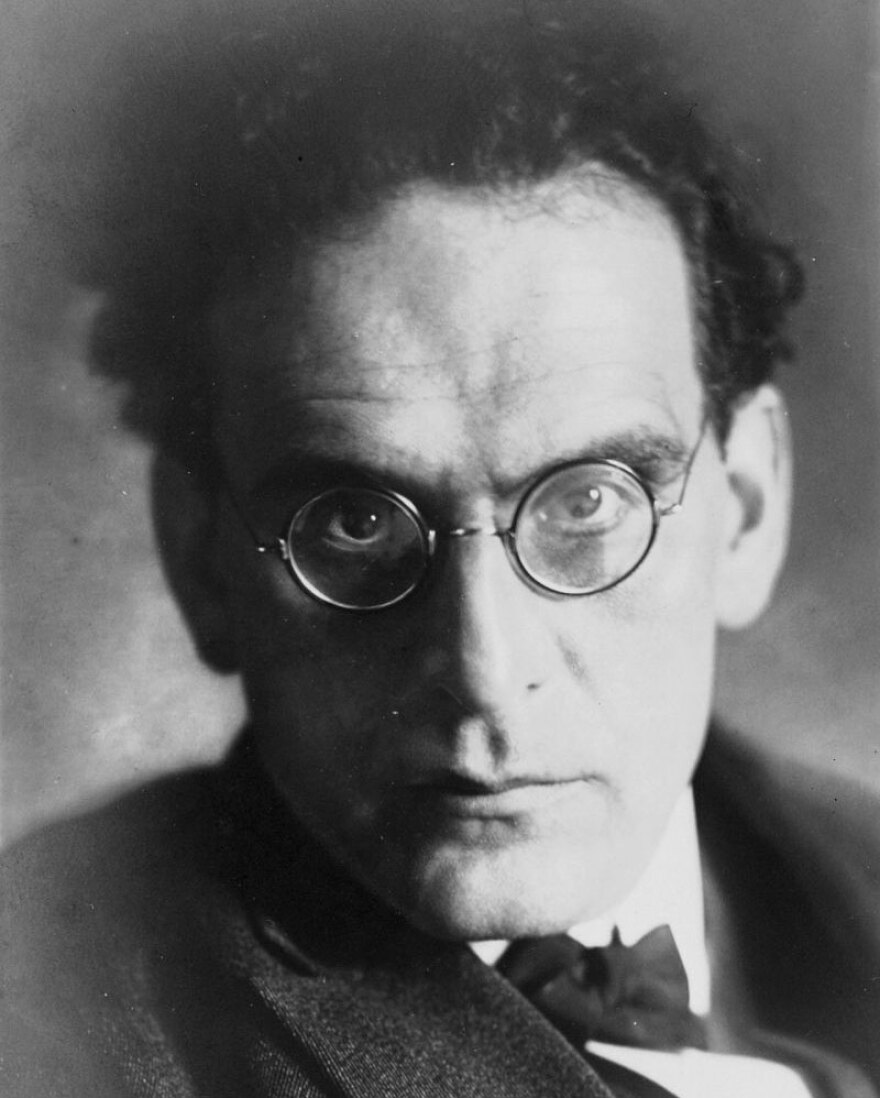Few of The Philadelphia Orchestra's guest conductors were as great or as quirky as Otto Klemperer, whose recordings from his 1962 concerts with the ensemble have recently been remastered. The Philadelphia Inquirer's David Patrick Stearns discovered that the conductor is hardly forgotten.
David Patrick Stearns: The tempos were slow. The music felt chiseled in granite. So when rehearsing Beethoven's Pastoral Symphony, the Philadelphia Orchestra musicians had to laugh when Otto Klemperer commanded that they play "giocoso," which means...playful?
Herbert Light: He just didn't realize that he couldn't do what he wanted to do in that tempo. It just didn't work.
Violinist Herbert Light recalls that half of Klemperer's face was paralyzed. The conductor was then in his late 70s, had suffered a brain tumor, a stroke, severe mental illness and third degree burns from smoking in bed.
HL: He spoke out of the side of his mouth. It was sad in a way, but he tried and he communicated as well as he could.
DPS: Heard in retrospect, the recordings, now in resplendent stereo on Pristine Classical, have a profound impact, partly because Klemperer was like a messenger from a glorious past.
The German conductor was born at a time when Brahms was a living composer. He had been one of the most fascinating conductors in pre-Nazi Berlin. Earlier, Klemperer had known and worked with Gustav Mahler, as he recalled in this BBC interview:

Otto Klemperer: I heard him conduct in Vienna and the concert, it was wonderful. It was very very great. Today, we speak always of the enormous greatness of Toscanini. I assure you that Mahler was much greater.
DPS: Even as late as 1962, Klemperer reminds us that classical interpretation was once less codified, says Herb Light.
HL: The old music was relatively new. Let's face it. It was not that old - as we are today. And so there were still, I think, many possibilities for open interpretation and different feelings for pacing and tempi.
DPS: So when you question Klemperer's performances, it's not a matter of asking what was he thinking, but what we are missing.

